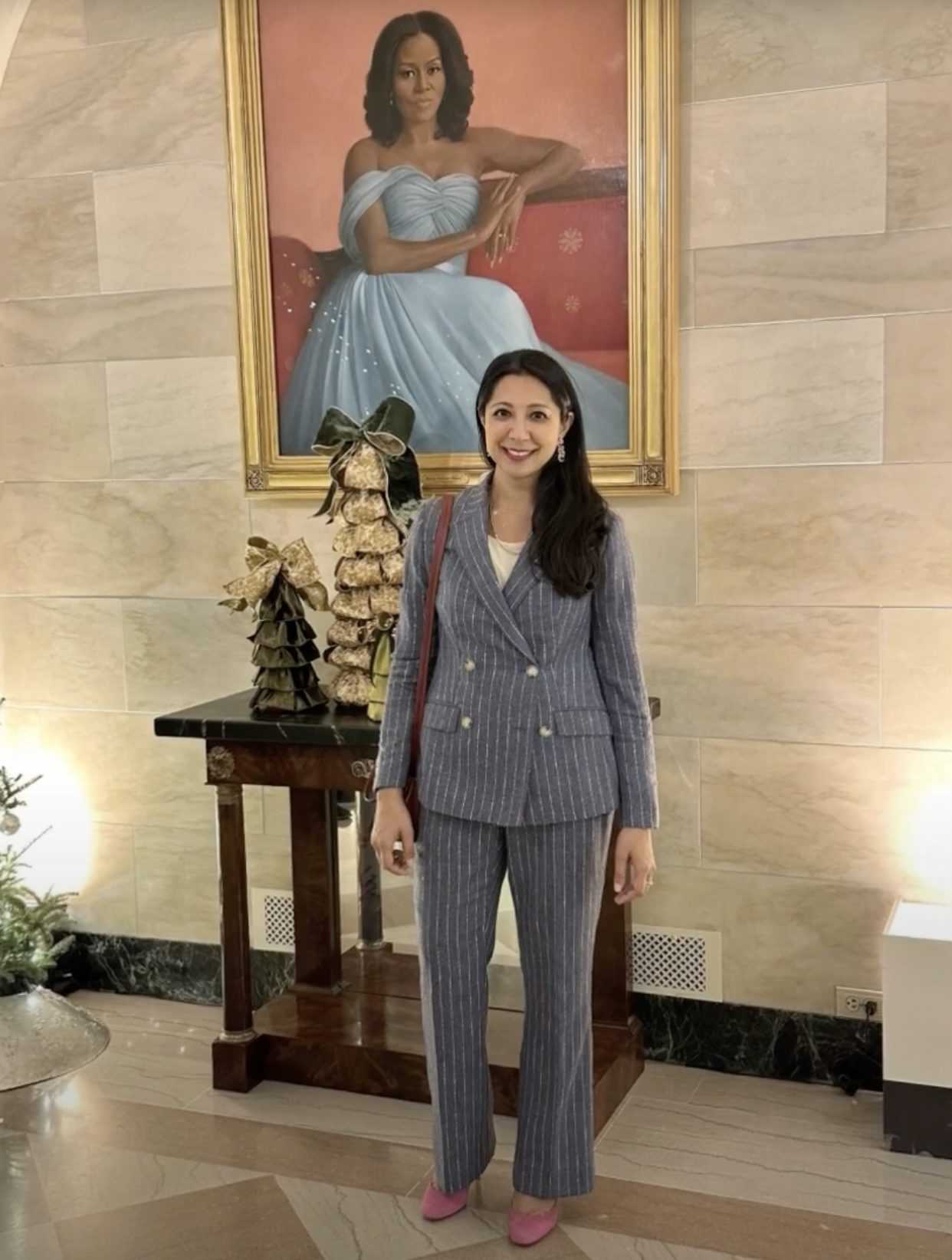

Meet Jannine Versi, CEO & Co-Founder of Elektra Health
Jannine Versi is a woman in her 40s with little kids and a very full-time job. If the word “balance” doesn’t quite apply to her day-to-day, she’s the first to admit it.
“I actually don’t think the word ‘balance’ exists in my vocabulary. I think I read somewhere replacing it with ‘juggle’ might be a better descriptor.”
That honest perspective isn’t just how she approaches her life. It’s also how she’s helping reframe the conversation around menopause, perimenopause, and midlife health. As the CEO and Co-Founder of Elektra Health, Jannine is working to fill a major gap in women’s healthcare — one that exists between the chapters of fertility and aging. Elektra is a virtual clinic offering clinical care, education, coaching, and community to women entering perimenopause and post-menopause.
In this candid Q&A, Jannine shares how her own healthcare experiences influenced Elektra’s mission, why stigma around menopause is still very real, and how Catalyst has helped build bridges in an industry not known for easy change.
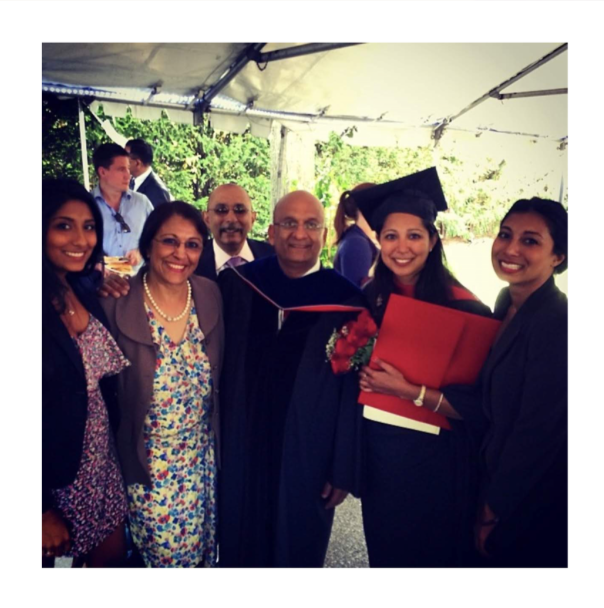
Q: Can you tell us a bit about your background? Where did you grow up and what brought you into healthcare?
I grew up in London, and then my family moved to the U.S. when I was around ten years old. Both of my parents were doctors. That was really what brought them to America. And I think I grew up always sort of being interested in healthcare.
Q: What made you focus specifically on women’s health and midlife care?
I’m one of those women that had a really hard time, a long journey to get pregnant. And by the time you are pregnant or postpartum, that can intersect with perimenopause really easily. It’s hard to discern what is what. I had a very complex pregnancy. I had a kid in the NICU. And so I feel like I’ve seen a lot of the women’s health solutions that are out there that are really focused on family building and maternal health.
And then I do think there has been this gap. Sort of like, okay, what happens after? And more recently there’s more talk about perimenopause, but when we started Elektra years ago, people were like, ‘Menopause? That makes me think of my grandmother.’
Well, many women start perimenopause in their late 30s or early 40s. That’s not your grandmother. That’s you or your friends or your coworkers.
Q: What is Elektra Health, and how is it different from other women’s health companies?
Elektra is a women’s health clinic that is focused on providing virtual care and support to all patients navigating perimenopause into their post-menopause years.
The opportunity is providing evidence-based, high quality care from specialists who have been trained in medicine but then receive additional training in menopause and midlife women’s health. It’s really a multidisciplinary specialty approach that includes a lot of education and support specific to this time of life.
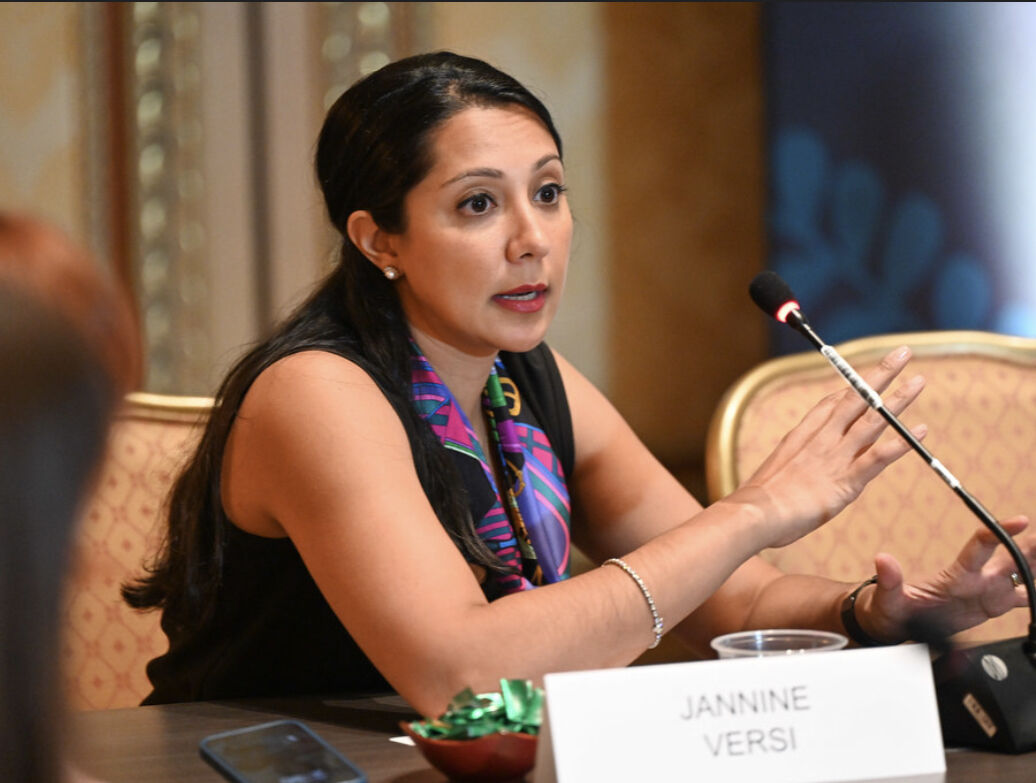
Q: What does that care model look like in practice?
We focused on accessibility, including coverage through insurance. That includes individuals who have Medicare and Medicaid.
We do not sell any products, supplements, or medications. And we want our patients to trust that the services we deliver are focused on what is best for them.
Access to clinical care is one thing. But we’ve also created this model for coaching and support and community. Because that has been so missing in this time of life.
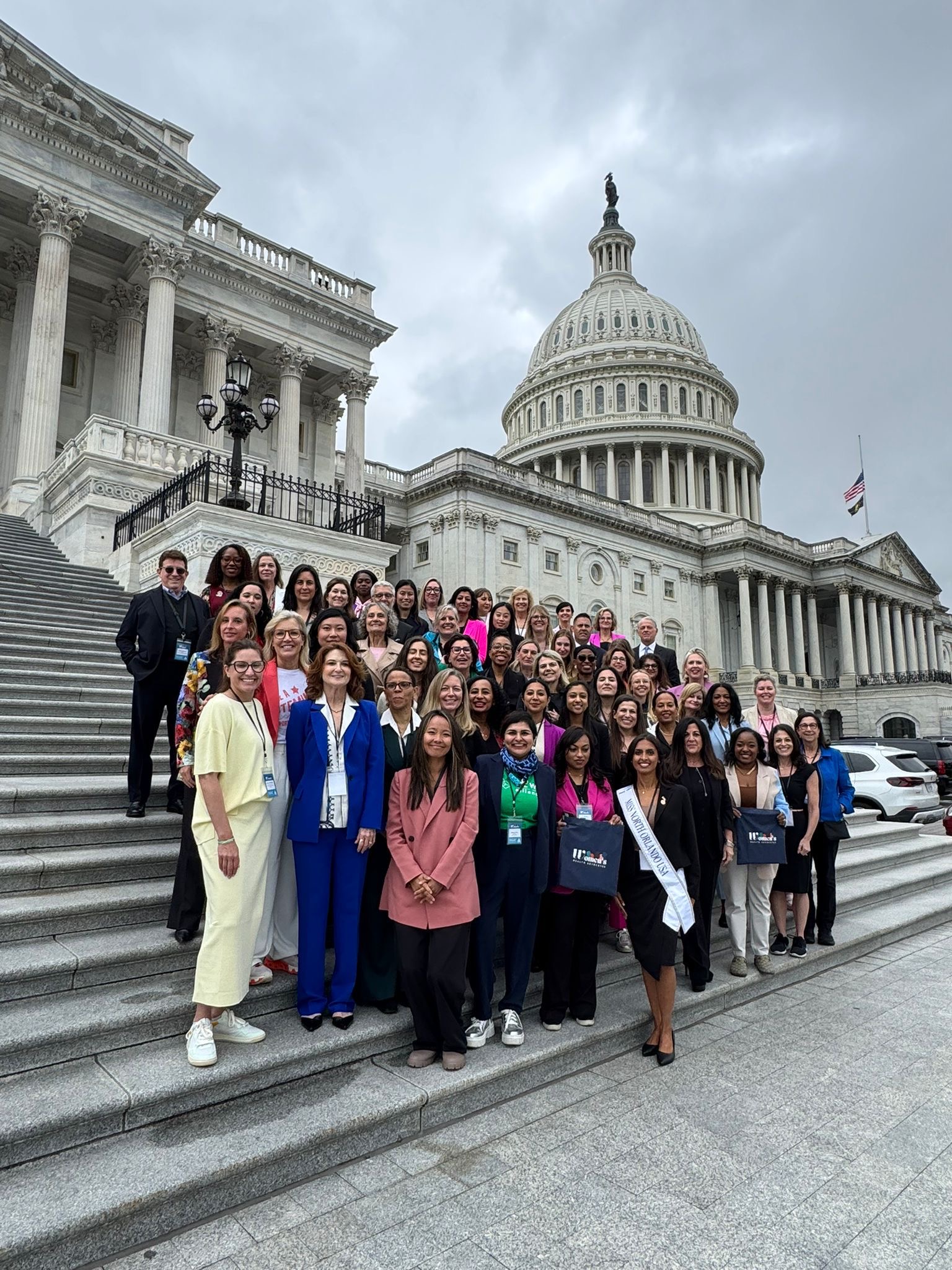
Q: What values guide the work you’re doing at Elektra?
I think that my moral compass comes from my family. Having parents who are scientists who are always focused on doing research, more research, better research. Research in women’s health, which has been deeply neglected.
As a patient myself, I want to know what is being recommended to me and why. I’d like to have a dialogue with my provider. And that requires trust.
Q: You’ve talked about stigma in this space. What has that looked like?
When we first started in this space, nobody was talking about menopause. And it reminded me a lot of what’s happened in the mental health space.
It’s very stigmatized. It’s very taboo. And that’s true for women themselves too. I think sometimes the biggest obstacle is that women don’t usually put themselves first.
If they have families, they tend to prioritize their families. That makes it even harder to advocate for yourself during this stage of life.
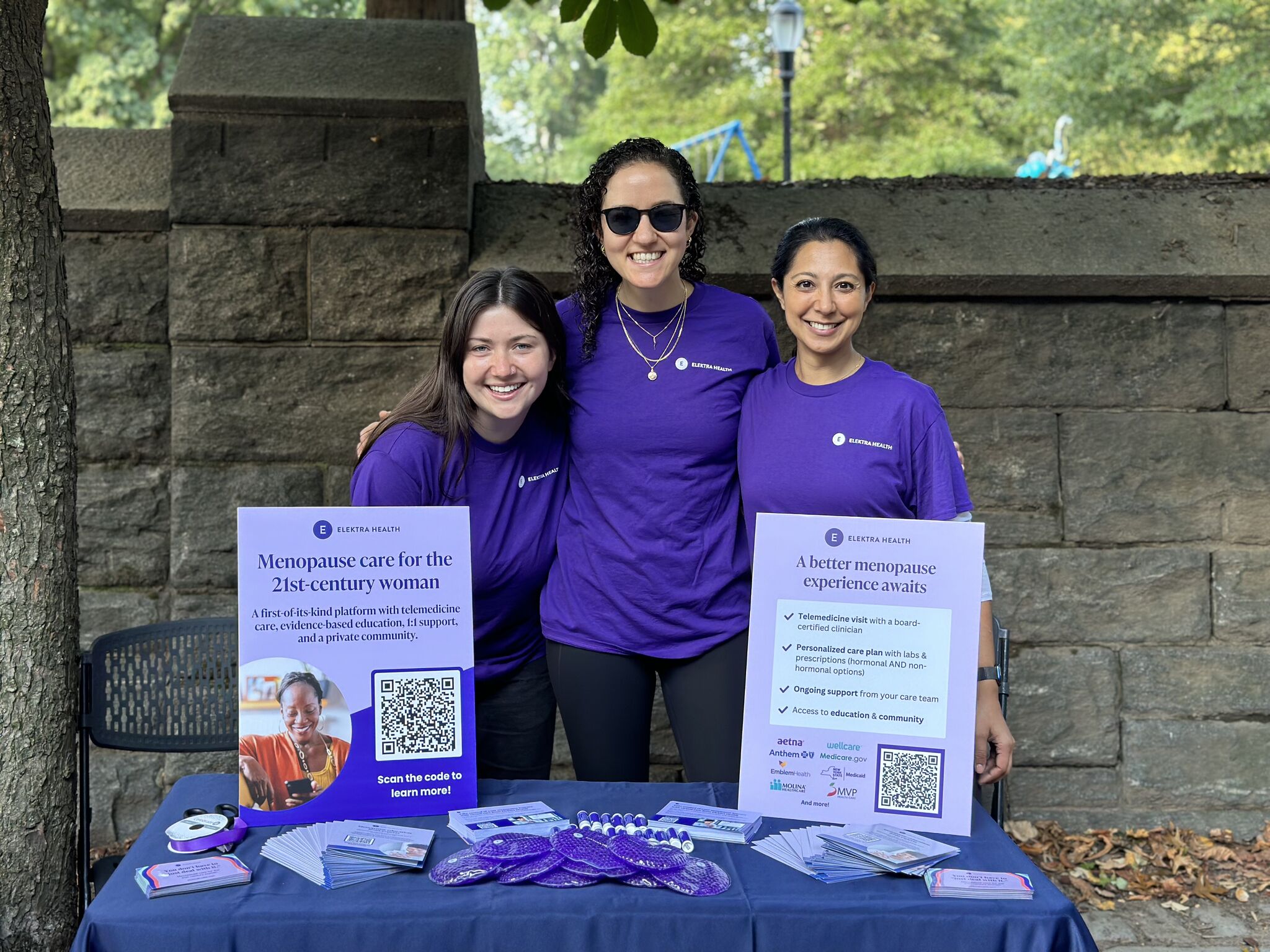
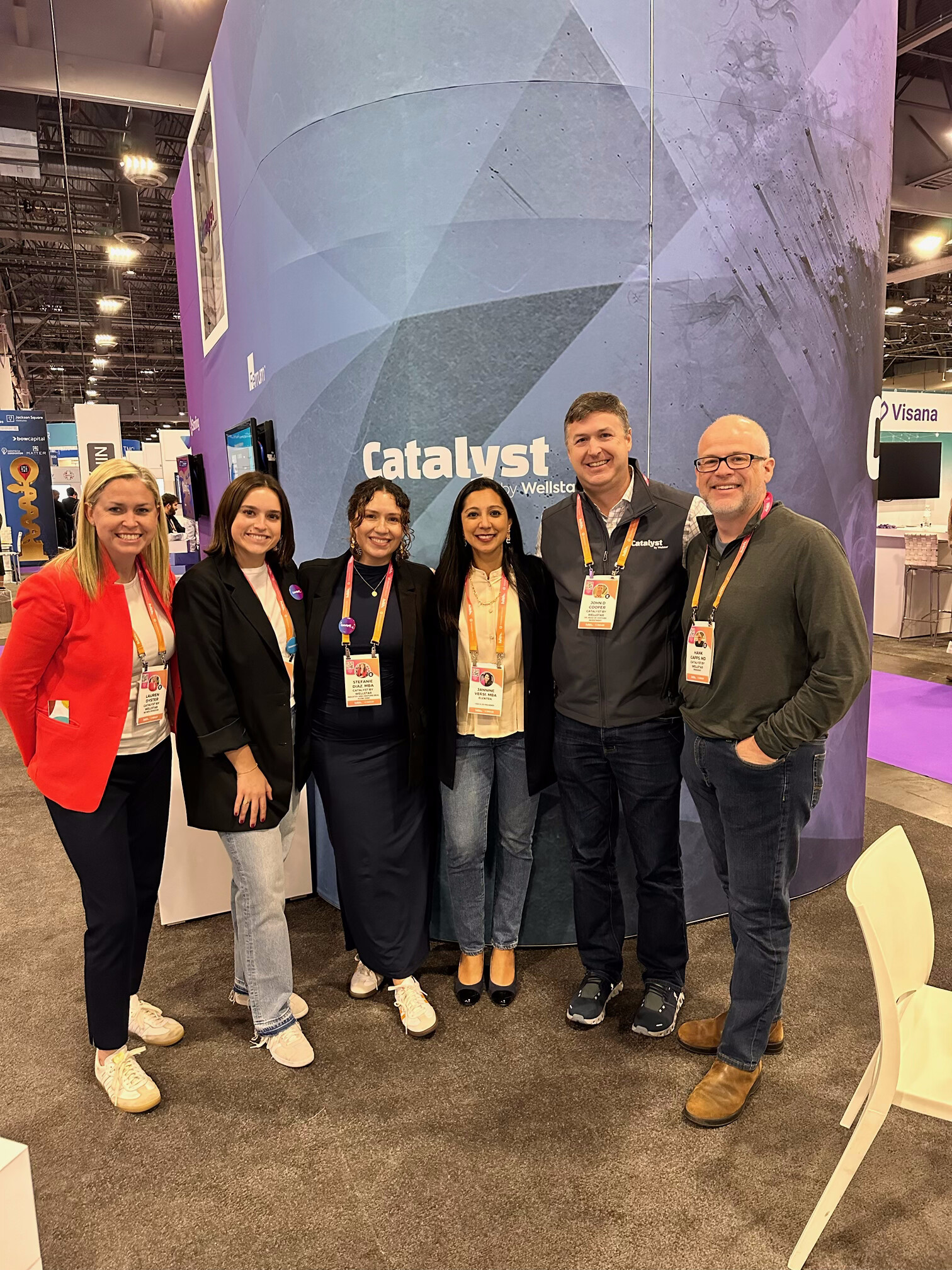
Q: What has the founder journey been like for you?
There are lots of challenges to being a female founder, a female founder of color, navigating challenging fundraising environments. We’ve seen COVID. We’ve seen banks collapse.
Every day, week, month brings a new set of challenges. But it is also what keeps it really exciting.
Q: What has the support from Catalyst meant to you and Elektra?
The Catalyst team is really exceptional. I think the reason it’s exceptional is because it recognizes some of the challenges of being an early-stage startup.
You are building the plane as you’re flying it. I think Catalyst does an excellent job of understanding where the opportunities are for synergy together.
It’s not easy to do, especially on your own. And so the Catalyst team really bridges that gap, bringing the two sides across the aisle in a way I haven’t seen done before.
Q: What’s your long-term vision for Elektra?
My dream is that every single woman approaching perimenopause and that menopause transition has the opportunity to have high quality care that is just part of her regular healthcare journey.
Just like we expect our kids to go to the pediatrician or to get information and counseling and support around puberty and adolescence. It is the same thing for women approaching menopause.
There are very real health risks to be aware of. There are very real symptoms to contend with. And we all deserve the opportunity to be taken care of, to live well, and to age in good health.
